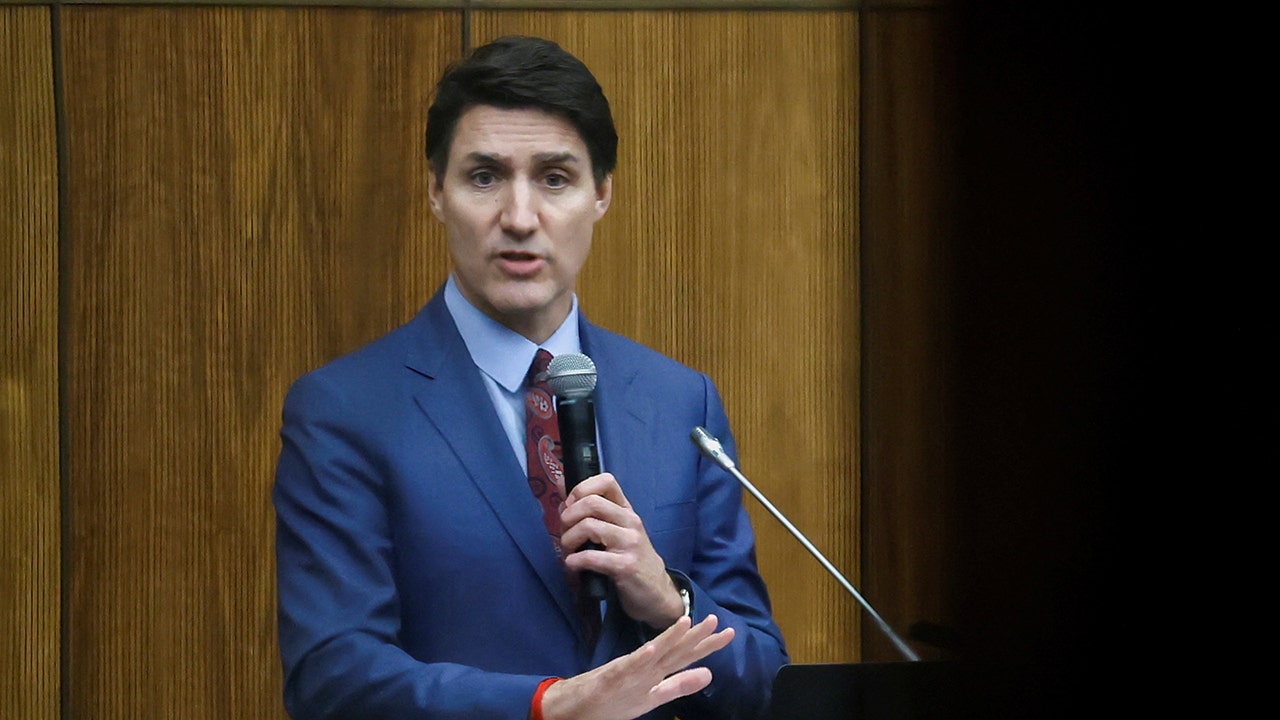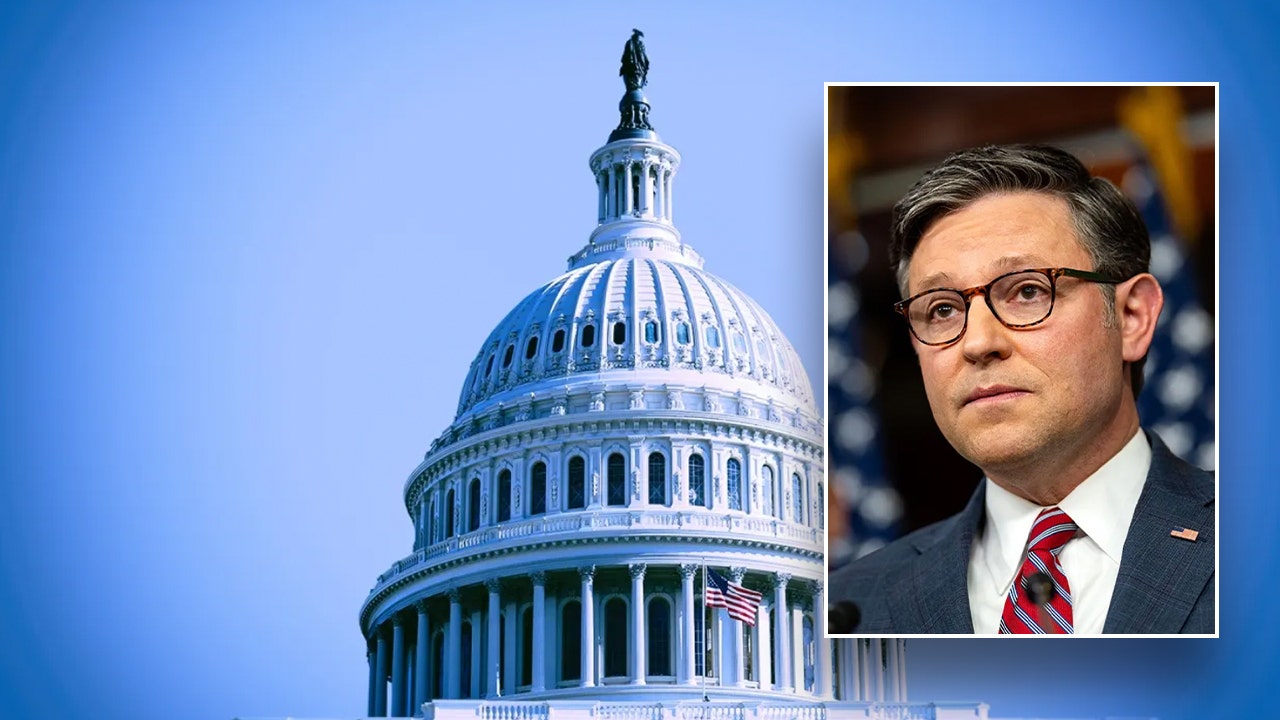Crypto
Elon Musk is accused again of Dogecoin insider trading
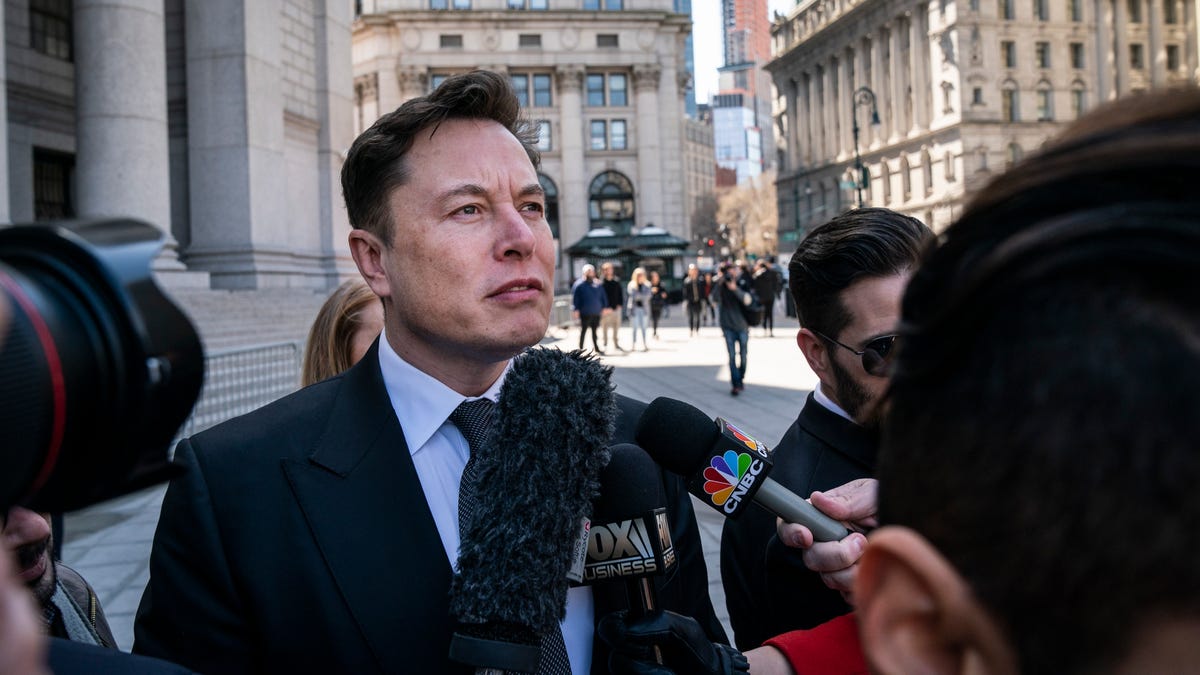
Elon Musk is facing fresh accusations of insider trading in a lawsuit filed by cryptocurrency investors, who say the Tesla CEO and Twitter owner used his influence to manipulate the price of Dogecoin.
The accusations, filed in Manhattan federal court, are the latest in an ongoing lawsuit that centers on Musk’s decision to sell $124 million of Dogecoin in April, shortly after he changed the Twitter logo to the symbol for the cryptocurrency and sent its price up by as much as 30%.
This is the third amendment to the lawsuit, which was first filed in June 2022 and is seeking class-action status. Musk, who according to Bloomberg is the richest man in the world, asked the judge to dismiss the lawsuit in March.
Musk’s lawyer, Alex Spiro, was not immediately available to comment on the lawsuit’s new accusations.
Musk’s “publicity stunts” are on trial
The suit centers on a “deliberate course of carnival barking, market manipulation and insider trading” allegedly engineered by Musk to artificially drive up the price of Dogecoin by more than 36,000% and then let it crash, in order to short the currency.
The lawsuit points to a tweet that included a photo of a dog smoking a cigarette and was captioned “Dogecoin Rulz,” as well as Musk’s appearance on Saturday Night Live, when he told viewers to invest in Dogecoin.
In their response to an earlier iteration of the lawsuit, Musk’s lawyers said his statements were too vague to be considered fraud and called the lawsuit a “fantasy.”
“There is nothing unlawful about tweeting words of support for, or funny pictures about, a legitimate cryptocurrency that continues to hold a market cap of nearly $10 billion,” Musk’s lawyers said at the time, according to a Reuters report.
Dogecoin’s value whipsaws in 2023
Related stories:
Elon Musk just changed Twitter’s logo to the Dogecoin symbol
Elon Musk confirmed he’s building an AI to counter ChatGPT
Tesla investors are worried Elon Musk enjoys operating “above the law”

Crypto
North Korean hackers account for 60% of all cryptocurrency stolen in 2024

North Korean hackers have stolen $1.34bn (£1bn) in cryptocurrency in 2024, accounting for nearly 60 per cent of the total amount stolen across the world, according to a new study.
A total of $2.2bn (£1.76bn) has been stolen from crypto platforms this year, marking a rise of 21 per cent, with crypto hacks by North Korean affiliates “becoming more frequent”, a study by blockchain analysis company Chainalysis said.
The amount stolen by North Korea-affiliated saw a 102 per cent increase in value from 2023, when an estimated $660.50m was stolen.
Isolated in the global market and reeling under international sanctions, the government in North Korea is accused of turning to crypto theft to fund state-sponsored operations and support its booming nuclear arsenal.
The report said that the US and international experts have assessed that Pyongyang uses the stolen crypto money to “finance its weapons of mass destruction and ballistic missiles programs”.
“Hackers linked to North Korea have become notorious for their sophisticated and relentless tradecraft, often employing advanced malware, social engineering, and cryptocurrency theft to fund state-sponsored operations and circumvent international sanctions,” the report said.

Some of these attacks appeared to be linked to North Korean IT workers who have been able to infiltrate crypto and other technology firms, the report added.
“These workers often use sophisticated Tactics, Techniques, and Procedures (TTPs), such as false identities, third-party hiring intermediaries, and manipulating remote work opportunities to gain access,” it said.
The research comes at a time when the value of bitcoin, the world’s biggest and best-known cryptocurrency, has rallied to record levels ahead of US president-elect Donald Trump‘s second administration. This week Mr Trump reiterated that he plans to create a US strategic reserve of bitcoin similar to its strategic oil reserve, stoking the enthusiasm of crypto bulls.
The US Department of Justice (DoJ) has launched a crackdown on North Korean hackers engaged in crypto theft in recent years. It indicted 14 North Korean nationals who obtained employment as remote IT workers at US companies and were accused of generating more than $88m by stealing proprietary information and extorting their employers.
In one of the most significant incidents of crypto theft, a North Korea-affiliated hack targeted the Japanese cryptocurrency exchange DMM Bitcoin. The attack led to the theft of around 4,502.9 Bitcoin, worth $305m at the time.
Crypto
North Korean hackers stole $1.3bn in crypto this year, report says
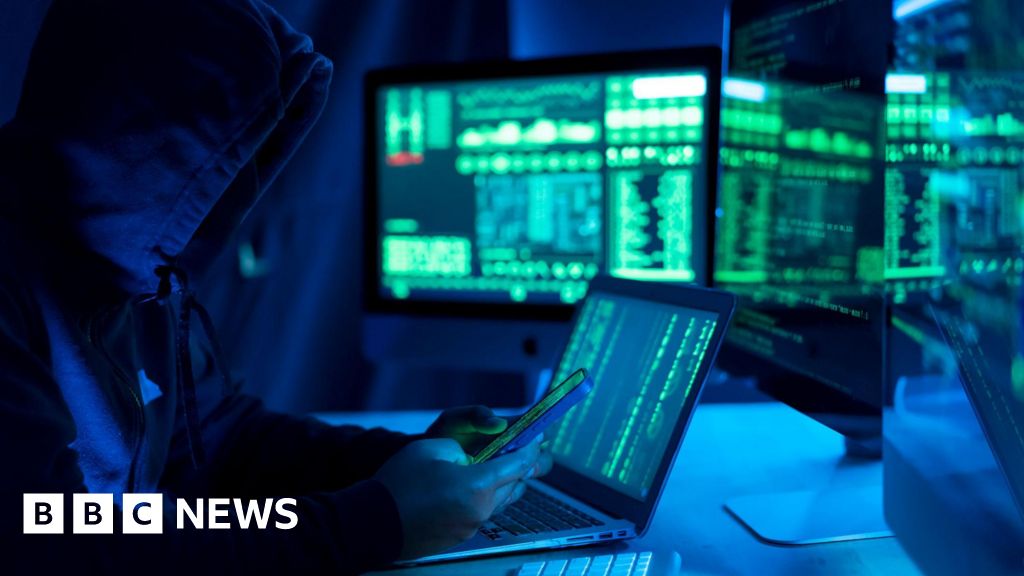
A total of $2.2bn (£1.76bn) in cryptocurrencies has been stolen this year, with North Korean hackers accounting for more than half that figure, according to a new study.
Research firm Chainalysis says hackers affiliated with the reclusive state stole $1.3bn of digital currencies – more than double last year’s haul.
Some of the thefts appear to be linked to North Korean hackers posing as remote IT workers to infiltrate crypto and other technology firms, the report says.
It comes as the price of bitcoin has more than doubled this year as incoming US president Donald Trump is expected to be more crypto-friendly than his predecessor, Joe Biden.
Overall, the amount of cryptocurrency stolen by hackers in 2024 increased by 21% from last year but it was still below the levels recorded in 2021 and 2022, the report said.
“The rise in stolen crypto in 2024 underscores the need for the industry to address an increasingly complex and evolving threat landscape.”
It said the majority of crypto stolen this year was due to compromised private keys – which are used to control access to users’ assets on crypto platforms.
“Given that centralised exchanges manage substantial amounts of user funds, the impact of a private key compromise can be devastating”, the study added.
Some of the most significant incidents this year included the theft of the equivalent of $300m in bitcoin from Japanese cryptocurrency exchange, DMM Bitcoin, and the loss of nearly $235m from WazirX, an India-based crypto exchange.
The US government has said the North Korean regime resorts to cryptocurrency theft and other forms of cybercrime to circumvent international sanctions and raise money.
Last week, a federal court in St Louis indicted 14 North Koreans for allegedly being part of a long-running conspiracy aimed at extorting funds from US companies and funnelling money to Pyongyang’s weapons programmes.
The US State Department also announced that it would offer a reward of up to $5m for anyone who could provide more information about the alleged scheme.
Crypto
New Opportunities for Businesses with Cryptocurrency Wallets | Fingerlakes1.com
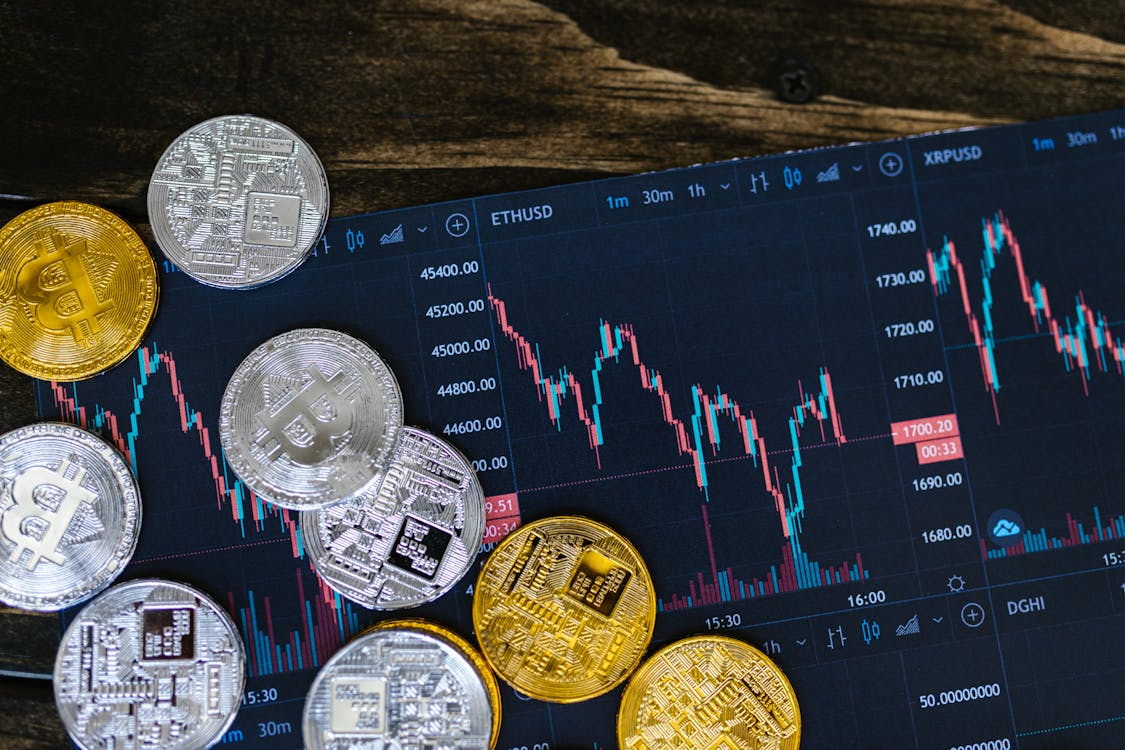

Cryptocurrency wallets are no longer a niche tool for tech enthusiasts, they’re quickly becoming a must-have for businesses looking to adapt and grow.
These digital wallets allow companies to store, manage, and accept cryptocurrencies securely, offering a host of advantages for businesses worldwide.
With the rise of blockchain technology, tools like a crypto wallet for your business are helping organizations unlock new opportunities for speed, security, and global expansion.
In this article, we’ll break down how cryptocurrency wallets can transform businesses, highlighting their features, benefits, and real-world applications.
Key Features of Cryptocurrency Wallets for Businesses
Security:
Cryptocurrency wallets use advanced blockchain technology to protect against fraud, hacking, and data breaches.
Each transaction is recorded on an immutable ledger, ensuring transparency and minimizing the risk of manipulation.
For businesses, this translates to a higher level of trust and reduced exposure to fraud.
Efficiency:
Speed is everything in today’s business world.
With crypto wallets, transactions are processed much faster compared to traditional banking methods.
No waiting days for wire transfers, payments are completed in minutes, whether it’s across town or across the globe.
Global Access:
Unlike traditional payment methods, cryptocurrency wallets aren’t restricted by borders or currency conversions.
Businesses can seamlessly operate in international markets, offering customers an easy and affordable way to pay without dealing with exchange rates or high transaction fees.
Opportunities Provided by Crypto Wallets
The growing popularity of cryptocurrency isn’t just hype, it’s backed by numbers.
As of 2024, approximately 562 million people own some type of cryptocurrency, which represents about 6.8% of the global population, according to a recent survey by Triple A.
For businesses, these millions of crypto wallets unlock a wide range of opportunities:
Expanding Customer Base: Tech-savvy customers and international audiences are increasingly turning to cryptocurrencies for their purchases.
Businesses that accept crypto payments can attract a wider audience, including customers in regions with limited access to traditional banking systems.
Cost Savings: Traditional payment processors and credit card networks come with hefty transaction fees.
Cryptocurrency payments, on the other hand, have significantly lower fees, especially for international transactions.
Over time, these savings can make a real impact on a company’s bottom line.
Revenue Growth: By accepting cryptocurrencies, businesses can tap into a growing market segment and create new revenue streams.
Whether it’s Bitcoin, Ethereum, or stablecoins, crypto acceptance positions businesses as forward-thinking and innovative.
Financial Independence: Crypto wallets allow businesses to operate independently of banks and intermediaries.
Companies gain full control over their finances and can send or receive payments anytime, anywhere, without relying on third-party approval.
Use Cases for Businesses
Cryptocurrency wallets are already transforming industries, helping businesses reduce costs, improve efficiency, and attract new customers.
Here are a few specific examples:
- E-commerce and Online Services: Online retailers are increasingly adopting crypto wallets to reach global customers and reduce transaction fees. By accepting cryptocurrencies, e-commerce platforms eliminate middlemen and offer faster, cheaper payments.
- Gaming and Entertainment: The gaming industry has embraced cryptocurrency as a payment method for in-game purchases, subscriptions, and digital goods. Crypto wallets offer gamers a seamless way to pay while enabling businesses to attract a tech-savvy audience.
- Forex and Trading Platforms: Crypto wallets are a natural fit for forex and trading businesses, allowing them to accept and process digital assets quickly and securely. This improves liquidity and gives traders more flexibility with their investments.
Real-World Case Study:
In 2014, large ecommerce retail Overstock.com started accepting crypto payments and they then reported that 5.6% of all their sales for the following year were attributed to crypto.
By removing transaction barriers and offering a flexible payment option, they successfully expanded their global reach and boosted sales.
Conclusion
Cryptocurrency wallets are opening up new opportunities for businesses to grow, adapt, and thrive in a digital-first world.
From enhanced security and cost savings to faster transactions and global accessibility, the benefits are hard to ignore.
By adopting a reliable crypto wallet for your business, you’re not just staying ahead of the curve, you’re setting your company up for long-term success.
With crypto adoption on the rise, there’s never been a better time to explore the future of payments.
This content is brought to you by the FingerLakes1.com Team. Support our mission by visiting www.patreon.com/fl1 or learn how you send us your local content here.
-

 Politics1 week ago
Politics1 week agoCanadian premier threatens to cut off energy imports to US if Trump imposes tariff on country
-
/cdn.vox-cdn.com/uploads/chorus_asset/file/25782636/247422_ChatGPT_anniversary_CVirginia.jpg)
/cdn.vox-cdn.com/uploads/chorus_asset/file/25782636/247422_ChatGPT_anniversary_CVirginia.jpg) Technology1 week ago
Technology1 week agoInside the launch — and future — of ChatGPT
-
/cdn.vox-cdn.com/uploads/chorus_asset/file/25789444/1258459915.jpg)
/cdn.vox-cdn.com/uploads/chorus_asset/file/25789444/1258459915.jpg) Technology6 days ago
Technology6 days agoOpenAI cofounder Ilya Sutskever says the way AI is built is about to change
-

 Politics6 days ago
Politics6 days agoU.S. Supreme Court will decide if oil industry may sue to block California's zero-emissions goal
-
/cdn.vox-cdn.com/uploads/chorus_asset/file/25546252/STK169_Mark_Zuckerburg_CVIRGINIA_D.jpg)
/cdn.vox-cdn.com/uploads/chorus_asset/file/25546252/STK169_Mark_Zuckerburg_CVIRGINIA_D.jpg) Technology7 days ago
Technology7 days agoMeta asks the US government to block OpenAI’s switch to a for-profit
-

 Politics1 week ago
Politics1 week agoConservative group debuts major ad buy in key senators' states as 'soft appeal' for Hegseth, Gabbard, Patel
-

 Business5 days ago
Business5 days agoFreddie Freeman's World Series walk-off grand slam baseball sells at auction for $1.56 million
-
/cdn.vox-cdn.com/uploads/chorus_asset/file/23951353/STK043_VRG_Illo_N_Barclay_3_Meta.jpg)
/cdn.vox-cdn.com/uploads/chorus_asset/file/23951353/STK043_VRG_Illo_N_Barclay_3_Meta.jpg) Technology5 days ago
Technology5 days agoMeta’s Instagram boss: who posted something matters more in the AI age






/cdn.vox-cdn.com/uploads/chorus_asset/file/25799696/Raveen_Rao_CL_site_wide.png)
